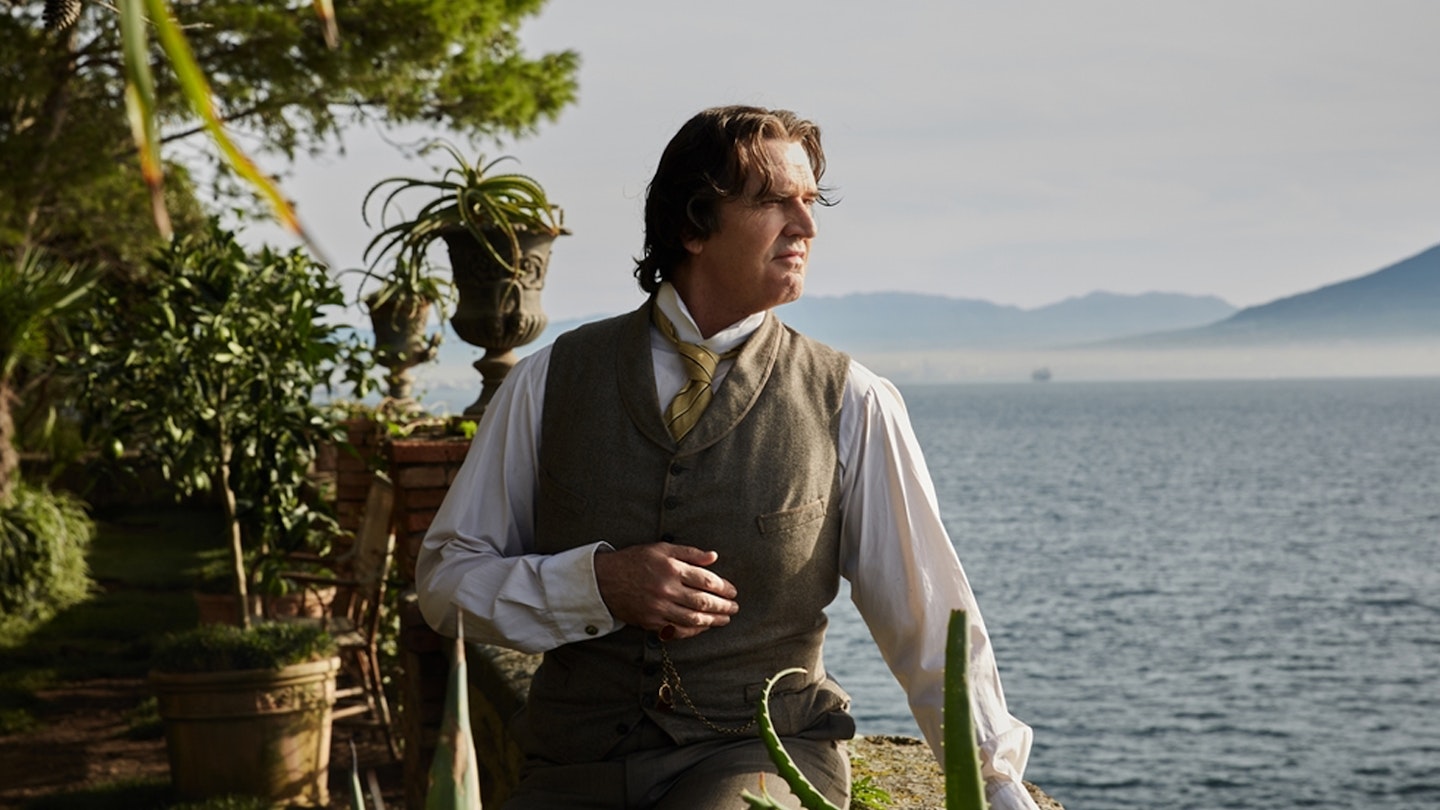Outside of actually hiring a necromancer to summon Oscar Wilde’s ghost to play him, you’re just not going to do better than getting Rupert Everett. He’s even got previous, playing the great Irish wit on stage to much acclaim in a hugely successful revival of David Hare’s The Judas Kiss.
Unlike the play, Everett’s own stab at Wilde’s sad, meandering later years offers barely any glimpses of a pre-disgrace Wilde, so if you’re not up on your fin-de-siècle playwright/aesthetes, a quick trip to Wikipedia may be in order here. There was a lot more to Wilde than a quotation dictionary, a few plays and Dorian Gray, not the least of which is his status as, with Alan Turing, one of the most prominent victims of institutional homophobia.
It’s a political drum Everett, who directs and writes as well as taking the lead, beats fairly gently, instead focusing his film on Wilde’s struggle for dignity after losing his family, wealth, status and health to the cruelty of his 1890s conviction for ‘gross indecency’. Everett is phenomenal, of course, finding about seven different ways to play drunk, leaping his Wilde over the foppish-caricature tripwires and finding the generous, kind, narcissistic and self-dramatising man behind the elaborate public persona Wilde himself created.
Real aficionados will appreciate the attention to detail here: the various, sometimes competing narratives of the various members of Wilde’s circle are all given fair hearing, Wilde’s lover Bosie (Colin Morgan) is a dick but not the howling lunatic some biographies paint him as, and even — unexpectedly — Wilde’s deathbed conversion to Catholicism, no big deal now but something pretty jazzy at the time, is carefully dramatised. Everett has clearly done his homework — sometimes to a fault, as his Wilde spends so long dying you can imagine the real Wilde sitting next to you urging him to hurry up so he can pop along for an absinthe.
Everett’s been hiding some serious behind-camera talent all these years, too, as with cinematographer John Conroy he creates a crystalline, brittle, chilly look that no mere dilletante could manage. Only the biopic’s curse — the trap of becoming a series of stuff that happened, rather than a coherent narrative with an argument to make — keeps this from being very special.
